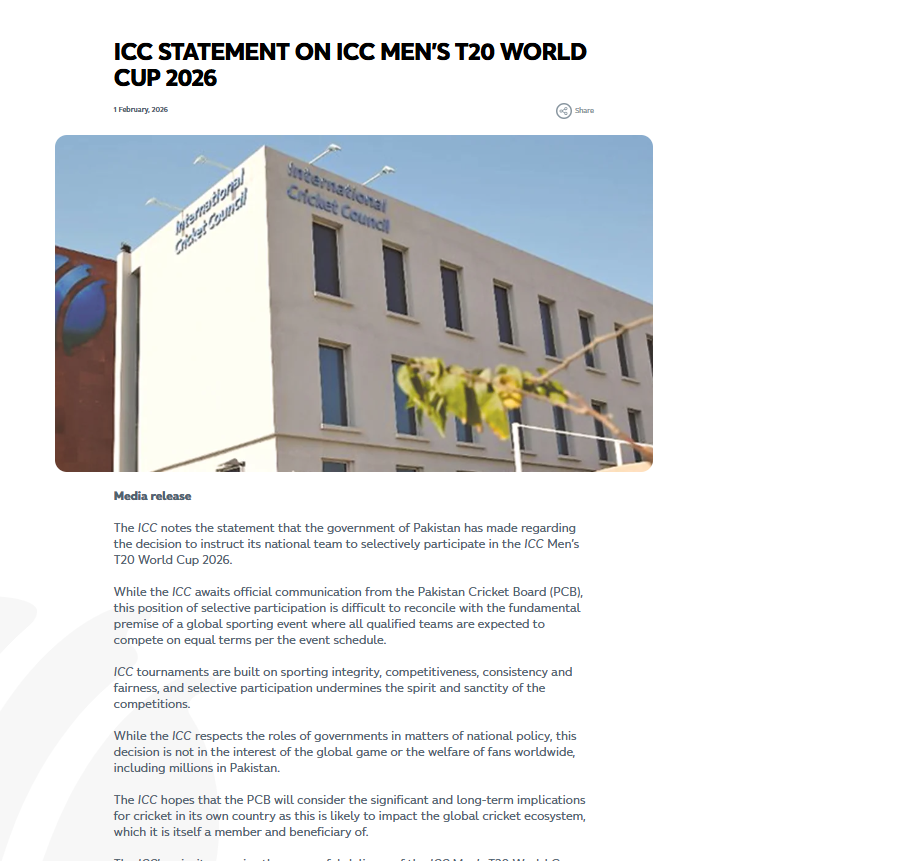India’s Leap into the Future, the First AI Laboratory in Space
Introduction
26th November 2024 marked a historical milestone for India as a Hyderabad-based space technology firm TakeMe2Space, announced the forthcoming launch of MOI-TD “(My Orbital Infrastructure - Technology Demonstrator)”, India's first AI lab in space. The mission will demonstrate real-time data processing in orbit, making space research more affordable and accessible according to the Company. The launch is scheduled for mid-December 2024 aboard the ISRO's PSLV C60 launch vehicle. It represents a transformative phase for innovation and exploration in India's AI and space technology integration space.
The Vision Behind the Initiative
The AI Laboratory in orbit is designed to enable autonomous decision-making, revolutionising satellite exploration and advancing cutting-edge space research. It signifies a major step toward establishing space-based data centres, paving the way for computing capabilities that will support a variety of applications.
While space-based data centres currently cost 10–15 times more than terrestrial alternatives, this initiative leverages high-intensity solar power in orbit to significantly reduce energy consumption. Training AI models in space could lower energy costs by up to 95% and cut carbon emissions by at least tenfold, even when factoring in launch emissions. It positions MOI-TD as an eco-friendly and cost-efficient solution.
Technological Innovations and Future Impact of AI in Space
This AI Laboratory, MOI-TD includes control software and hardware components, including reaction wheels, magnetometers, an advanced onboard computer, and an AI accelerator. The satellite also features flexible solar cells that could power future satellites. It will enable the processing of real-time space data, pattern recognition, and autonomous decision-making and address the latency issues, ensuring faster and more efficient data analysis, while the robust hardware designs tackle the challenges posed by radiation and extreme space environments. Advanced sensor integration will further enhance data collection, facilitating AI model training and validation.
These innovations drive key applications with transformative potential. It will allow users to access the satellite platform through OrbitLaw, a web-based console that will allow users to upload AI models to aid climate monitoring, disaster prediction, urban growth analysis and custom Earth observation use cases. TakeMe2Space has already partnered with a leading Malaysian university and an Indian school (grades 9 and 10) to showcase the satellite’s potential for democratizing space research.
Future Prospects and India’s Global Leadership in AI and Space Research
As per Stanford’s HAI Global AI Vibrancy rankings, India secured 4th place due to its R&D leadership, vibrant AI ecosystem, and public engagement for AI. This AI laboratory is a step further in advancing India’s role in the development of regulatory frameworks for ethical AI use, fostering robust public-private partnerships, and promoting international cooperation to establish global standards for AI applications.
Cost-effectiveness and technological exercise are some of India’s unique strengths and could position the country as a key player in the global AI and space research arena and draw favourable comparisons with initiatives by NASA, ESA, and private entities like SpaceX. By prioritising ethical and sustainable practices and fostering collaboration, India can lead in shaping the future of AI-driven space exploration.
Conclusion
India’s first AI laboratory in space, MOI-TD, represents a transformative milestone in integrating AI with space technology. This ambitious project promises to advance autonomous decision-making, enhance satellite exploration, and democratise space research. Additionally, factors such as data security, fostering international collaboration and ensuring sustainability should be taken into account while fostering such innovations. With this, India can establish itself as a leader in space research and AI innovation, setting new global standards while inspiring a future where technology expands humanity’s frontiers and enriches life on Earth.
References
- https://www.ptinews.com/story/national/start-up-to-launch-ai-lab-in-space-in-december/2017534
- https://economictimes.indiatimes.com/tech/startups/spacetech-startup-takeme2space-to-launch-ai-lab-in-space-in-december/articleshow/115701888.cms?from=mdr
- https://www.ibm.com/think/news/data-centers-space
- https://cio.economictimes.indiatimes.com/amp/news/next-gen-technologies/spacetech-startup-takeme2space-to-launch-ai-lab-in-space-in-december/115718230









.webp)
